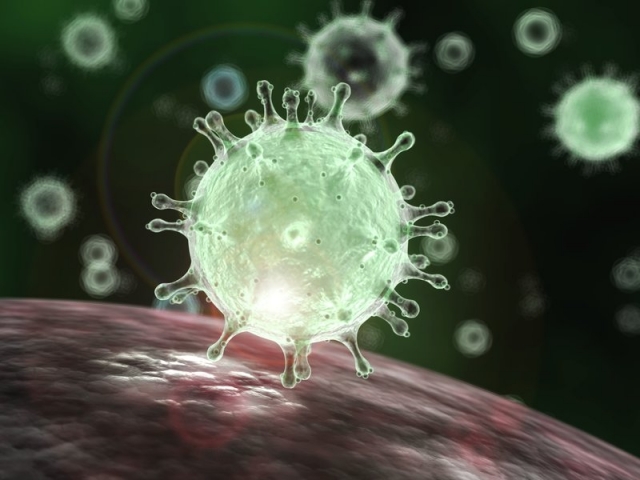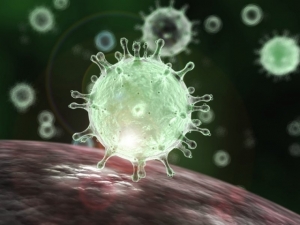UNFPA Statement on Novel Coronavirus and Pregnancy
UNFPA, the UN sexual and reproductive health agency, is closely monitoring and working with partners, governments and UN agencies to address the outbreak of the new coronavirus disease (COVID-19), which has been declared a public health emergency of international concern by the World Health Organization (WHO).
UNFPA is working to ensure that accurate information is provided to women of reproductive age and pregnant women on infection precautions, potential risks and how to seek timely medical care.
“While fear and uncertainty are natural responses to the coronavirus, we must be guided by facts and solid information,” said Dr. Natalia Kanem, Executive Director of the UN Population Fund (UNFPA). “We must stand together in solidarity, fight stigma and discrimination, and ensure that people get the information and services they need, especially pregnant and lactating women.”
Sexual and reproductive health is a significant public health issue during epidemics, and safe pregnancy and childbirth depends on functioning health systems and strict adherence to infection precautions.
As the COVID-19 outbreak may raise specific concerns among pregnant women, UNFPA would like to share a synthesis of the limited evidence on the risks for this group as well as the preventive measures and supportive therapies recommended.
To date, there is no scientific evidence about the increased susceptibility of pregnant women to COVID-19. However, pregnancy brings physical changes that might make some pregnant women more susceptible to viral respiratory infections. Pregnant women with respiratory illnesses must be treated with the utmost priority due to increased risk of adverse outcomes.
Pregnant women should take the same preventive actions to avoid infection recommended for all adults, such as avoiding close contact with anyone who is coughing and sneezing, washing hands often with soap and water or alcohol-based hand rub, covering mouth and nose with a tissue or elbow when coughing and sneezing, and thoroughly cooking meat and eggs. All recommended actions are available on the WHO website.
At this time, there is not yet a vaccine to prevent or treatment to cure the virus but there is recommended treatment for the symptoms. Treatment for pregnant women with suspected or confirmed COVID-19 infection should be provided with the supportive therapies recommended by WHO for adult patients in close consultation with their OB/GYN.
Breastfeeding women should not be separated from their newborns, as there is no evidence to show that respiratory viruses can be transmitted through breast milk, according to UNICEF. The mother can continue breastfeeding, as long as the necessary precautions below are applied:
● Symptomatic mothers well enough to breastfeed should wear a mask when near a child (including during feeding), wash hands before and after contact with the child (including feeding), and clean/disinfect contaminated surfaces.
● If a mother is too ill to breastfeed, she should be encouraged to express milk that can be given to the child via a clean cup and/or spoon – while wearing a mask, washing hands before and after contact with the child, and cleaning/disinfecting contaminated surfaces.
The provision of mental health and psychosocial support for affected individuals, families, communities and health workers is a critical part of the response.
UNFPA stands with the affected communities, particularly the most vulnerable women and girls, whose protection and health needs must be at the center of response efforts. We are working with our staff around the world to review our internal preparedness as well as our engagement with partners, governments and the communities we serve to prevent and respond to the epidemic.












